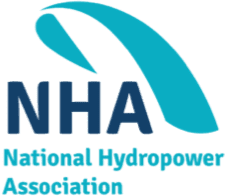Researchers at NREL have completed construction of a hydraulic and electric reverse osmosis (HERO) wave energy converter (WEC) device. The modular device is compact and portable and can desalinate ocean water using wave energy—without the need for an external fuel supply. The WEC’s modular
nature enables the research team to compare the benefits and drawbacks of using the two different configurations— one hydraulic and one electric—to run the reverse osmosis.
As NREL’s first marine-powered desalination device to weather real ocean waters, the HERO WEC signals significant advancements for marine renewable energy and desalination technologies.
The HERO WEC is undergoing additional testing to evaluate and document its capabilities. The intent is to assist other innovators by pinpointing what does and does not work and provide a basis from which others can build and modify their own designs. Industry can apply lessons learned from this device to produce future technologies that can provide power at sea and build resilient coastal communities, evolve ocean observation, or support post-disaster relief efforts.
NREL created the HERO WEC alongside teams competing in the American-Made Waves to Water Prize. While the NREL researchers were not competitors, they did abide by the prize guidelines to better understand what was required of competitors. A trial run at the prize finale site also prepared the crew to help prize finalists safely deploy their own prototypes in the water.
desalination system.


